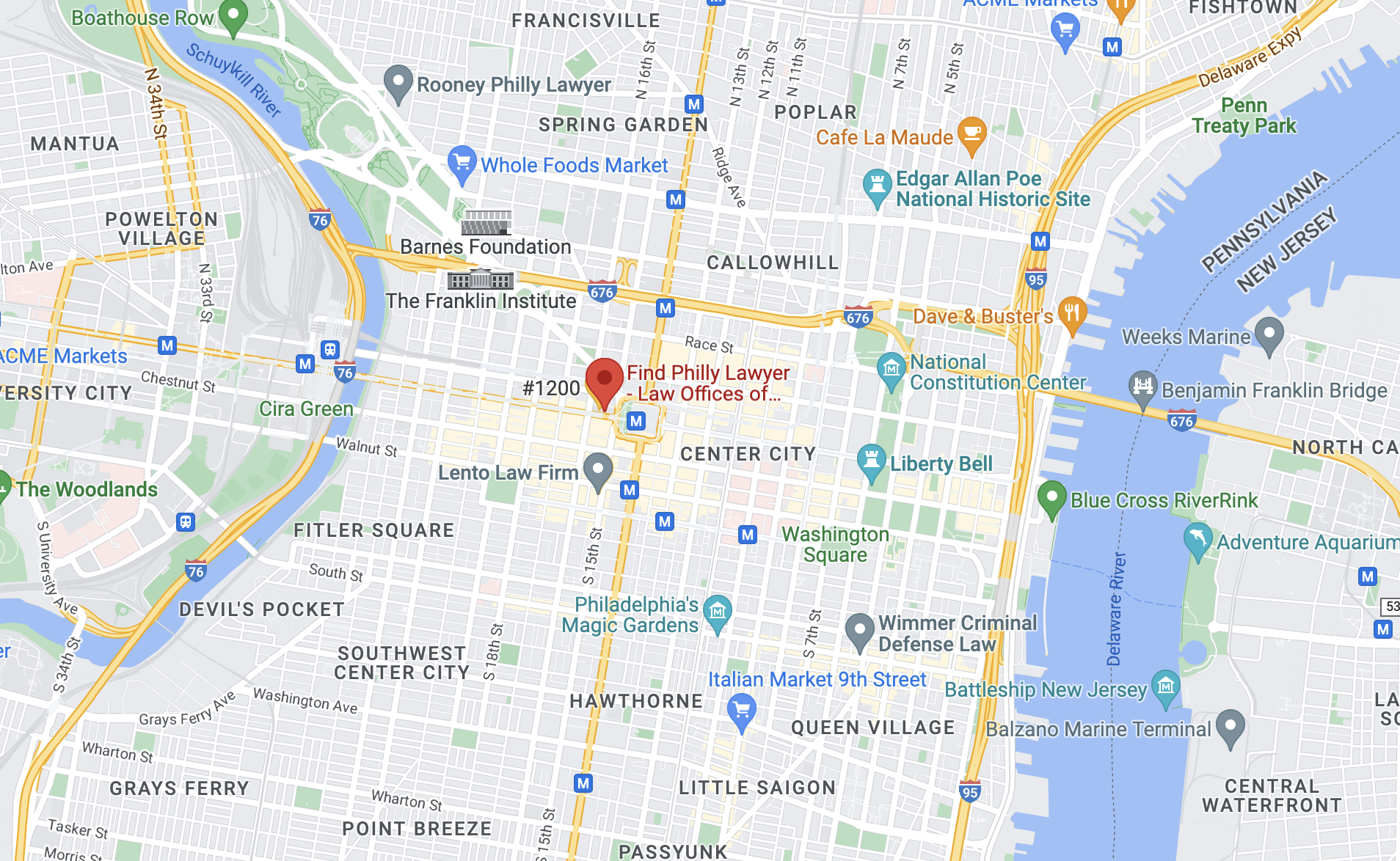Defendants facing criminal charges are not always sentenced according to typical sentencing guidelines. Some defendants are eligible for intermediate punishment programs throughout Pennsylvania.
Intermediate punishment programs have existed at both the state and county level. While state intermediate punishment programs might be available, most defendants go through county-level programs. These programs often involve a flat rate sentencing of 2 years, where defendants spend time incarcerated and get treatment and outpatient care for drugs and alcohol. Benefits include a shorter stay in jail or prison and access to treatment for addiction-related issues. An intermediate program may be available if you meet certain eligibility requirements. Non-violent offenders with substance abuse problems tend to be favored. If you have a longer criminal history or convictions for violent offenses, you might be ineligible. While programs at the state level have been replaced, they still exist at the county level.
If you are faced with criminal charges, call our Philadelphia criminal defense attorneys at The Liberty Law Team at (215) 826-3314 and arrange an initial evaluation of your case for intermediate punishment, free of charge.
State Intermediate Punishment in Pennsylvania Criminal Cases
As of 2019, State Intermediate Punishments (SIP) have been repealed and replaced by other drug-treatment programs. However, intermediate punishments still exist at the county level and are available in many counties throughout the State of Pennsylvania.
Intermediate punishments are a sort of alternative to a typical criminal sentence. State Intermediate Punishment (SIP) programs typically lasted for 2 years. The defendant had to spend at least 7 months in a correctional facility before moving to a halfway house for another few months. Finally, defendants had to spend at least 6 months in some sort of outpatient drug treatment program before completing the program.
While state-level intermediate punishments are not really available anymore, they are still available at the county level. The exact terms of the program will depend on which county you live in.
The goal of SIP is to provide treatment alongside criminal sanctions. Often, convicted defendants in SIP programs spend less time incarcerated and receive necessary drug and alcohol treatment.
Benefits of State and County Intermediate Punishment Programs in Pennsylvania
Criminal defendants often prefer intermediate punishments for several reasons. First, defendants might spend less time incarcerated than they would under a more typical sentence. Second, defendants are given access to treatment and counseling for drug and alcohol-related issues.
Intermediate punishments often involve reduced time behind bars. While the exact amount of time a defendant must be incarcerated under this program varies by county and by the needs of the defendant as assessed by the court, it is typically shorter than if they were sentenced under standard guidelines. In fact, the term of the intermediate punishment may not exceed the incarceration term of the standard sentence. In many cases, the term is less than the standard.
The main focus of intermediate programs is to help defendants overcome whatever it is that influenced them to commit criminal offenses. Often, this includes treatment for drug and alcohol abuse. Many participants in intermediate punishment programs have serious substance dependency problems, and the program helps them get better.
When Are State Intermediate Punishments Available in Pennsylvania
Intermediate punishments are typically available for those with little to no prior criminal history and who are facing non-violent drug or alcohol-related offenses. While having a criminal record does not automatically preclude you from an intermediate punishment, it does not exactly help your chances.
Since the program focuses on rehabilitative treatment, particularly for substance dependent defendants, your needs in this regard may be assessed. If you do not have any significant substance abuse issues, you might not be eligible. For example, a person charged with dealing controlled substances might not be a substance user themselves. As such, they might not need the program as much as other defendants. With only so many resources to go around, courts prefer to prioritize defendants with more serious needs.
Not everyone is eligible for an intermediate punishment program. The criteria for eligibility in county intermediate punishment programs are spelled out under 42 Pa.C.S. § 9802.
An eligible offender is someone who is convicted of a criminal offense that would normally lead to a county correctional facility. The offender must not have a past or present record of criminal violence. If your current charges include any violent offenses, you might be ineligible. On top of that, anyone facing sexual offenses is likely ineligible. If you were previously convicted of a sexual offense, it must have been longer than 10 years ago.
How Do I Get Into a State Intermediate Punishment Program in Pennsylvania?
State intermediate punishment programs were repealed, and county-level programs have taken their place. If you are eligible for an intermediate punishment, it will likely be imposed at the county level. Rest assured, county programs are similar if not the same as previous state programs.
Eligibility criteria might vary by county, so you should speak to our Montgomery County criminal defense attorneys about what county your case is being heard in to determine if a county intermediate punishment is an option for you. Generally, if you are not currently facing any violent charges, do not have a recent history of violent offenses, and have a drug or alcohol dependency problem, you might be eligible.
Prosecutors play a big role in how you get into the program. They may recommend you for the program in court, or they can dissuade the judge from allowing you into the program. In some cases, prosecutors can waive certain eligibility requirements, meaning otherwise ineligible defendants can be admitted to the program if they can show they will benefit from it.
Contact Our Pennsylvania Criminal Defense Lawyers for Help Now
If you are facing non-violent criminal charges, call our Bucks County criminal defense lawyers at The Liberty Law Team at (215) 826-3314 and schedule an initial, free evaluation of your case for intermediate punishment.





 Liberty Law Team
Liberty Law Team  (215) 826-3314
(215) 826-3314 lonny@libertylawteam.com
lonny@libertylawteam.com





